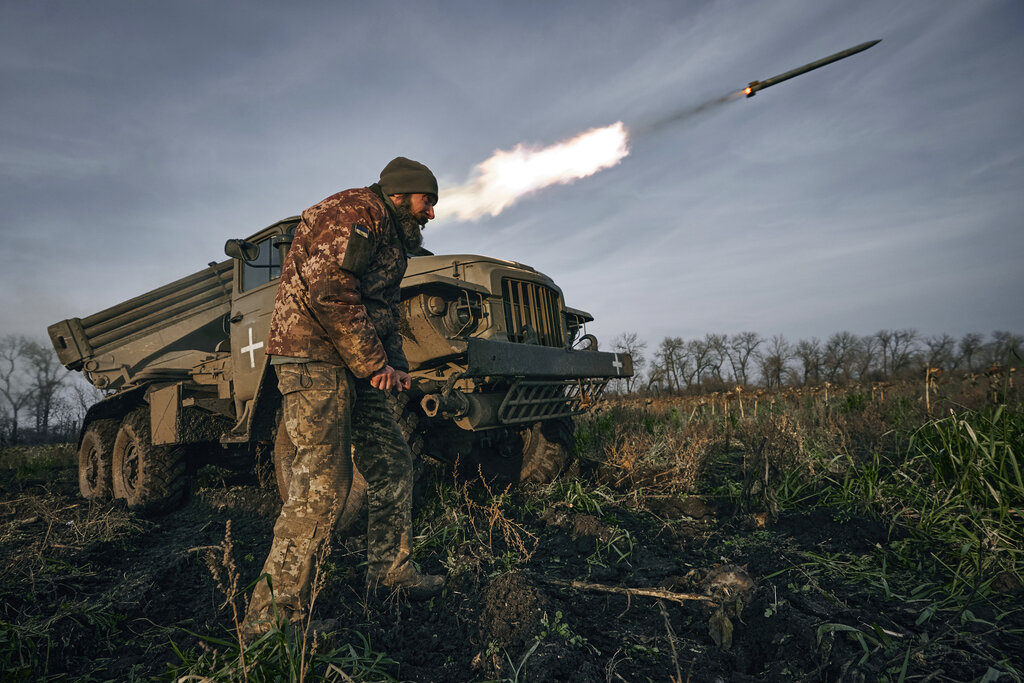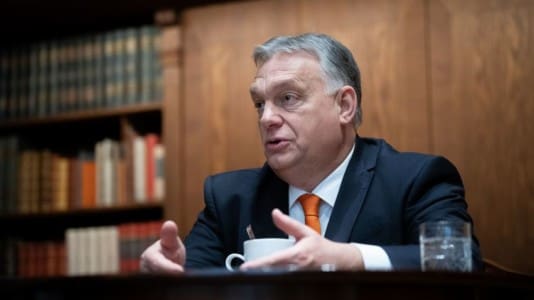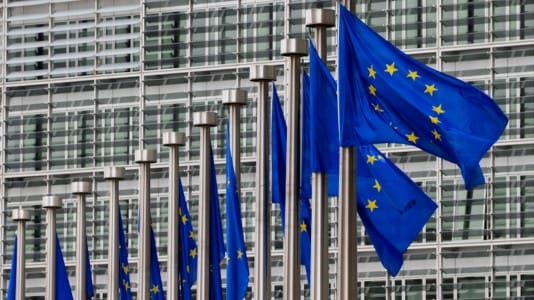The old Roman adage that if you want peace you must prepare for war is now in effect the official military doctrine of Poland as well as the Baltic and Scandinavian states. The maxim is also beginning to reach Western Europ,e with Germany and France preparing to invest in rearmament.
The global security framework and the situation in Eastern Europe are changing the way national militaries and investments in armaments are perceived. Just a year ago, most west European states sought to ensure savings on defense, and ever since the 2008-2009 financial crisis, limiting spending on defense was the order of the day. Instead of nations investing in their own deterrence capabilities, they preferred to invest in good relations and trade with Russia and China.
It seemed a rational choice or a very long time. Since the outbreak of a major war seemed a minimal risk and the costs of maintaining high defense spending, there was an extreme adversarial reaction to increasing spending on defense. There were, of course, exceptions to such thinking — namely from countries like Greece, Poland and also Ukraine — but most of Europe simply wanted to do business.
The year 2022 has radically altered thinking on defense and led to a changed reality. European states are now rearming and modernizing their military. Costs don’t seem to be an issue anymore, especially for states on the eastern flank of NATO.
The European rearmament project is an obvious reaction to Russian aggression, but it will also have considerable influence on internal European politics. Will it lead to the creation of European defense forces? Not very likely. Will it strengthen NATO? Possibly, but not necessarily.
What it will do, however, is to make military potential of any given state a major factor in determining that country’s position in the European Union.






